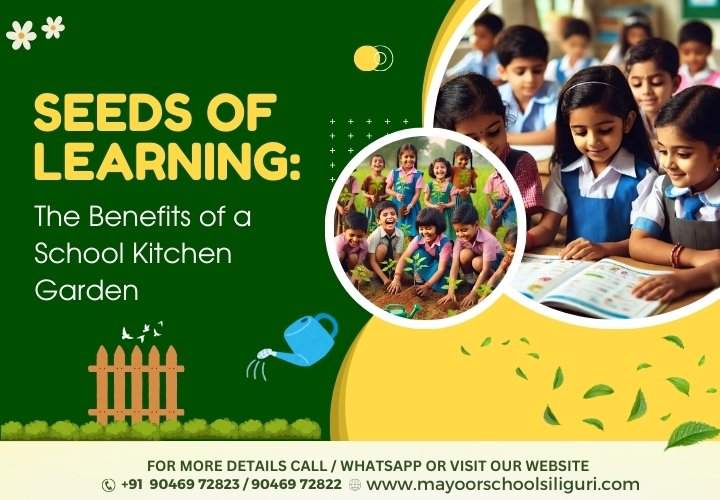
Introduction
In recent years, there has been a growing interest in integrating kitchen gardens into school curriculums. This hands-on approach to education offers numerous benefits that extend far beyond the classroom. A school kitchen garden can be a powerful tool for teaching students about nutrition, environmental benefits, and the importance of sustainable living.
Conclusion
A school kitchen garden is more than just a place to grow plants; it is a dynamic hands-on learning environment that offers a wealth of educational, health, environmental, and social benefits. By incorporating gardening into the school curriculum, educators can cultivate a love for nature, foster healthy habits, and nurture a sense of environmental responsibility in students. The seeds of learning planted in a school garden can grow into a lifelong appreciation for nature, health, and community.
Read More Article: Unleashing Creativity: The Impact of Art Education on Student Development